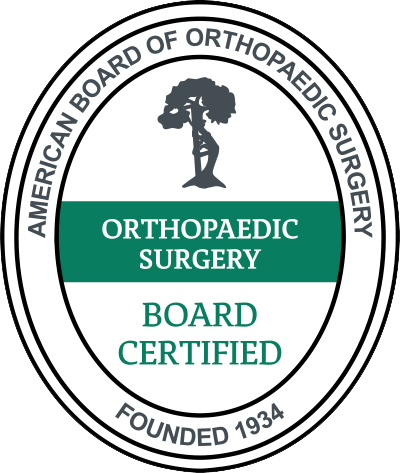Medically reviewed by Teddy S. Wolfson, M.D.
As women age, maintaining muscle mass, bone density, and overall vitality becomes increasingly important. Strength training, often overlooked in favor of cardiovascular exercise, is a powerful tool that can significantly impact health and longevity, especially for women over 50. As orthopedic specialists who focus on the musculoskeletal system and its care, we encourage everyone to consider strength training as part of their overall fitness routine. This blog explores why incorporating strength training into your lifestyle is essential and how it can transform your body and how it ages.
Why Strength Training Matters for Women Over 50
1. Preserving Muscle Mass
As we age, our bodies naturally lose muscle mass—a process known as sarcopenia. This decline can begin as early as our 30s, accelerating after 50. Strength training is the most effective way to combat sarcopenia. By regularly challenging your muscles with resistance exercises, you can slow down or even reverse muscle loss, helping to maintain strength, balance, and mobility.
2. Enhancing Bone Density
Osteoporosis, a condition characterized by weak and brittle bones, is a significant concern for aging women. The risk of fractures increases with age, particularly after menopause, when the decline in estrogen levels accelerates bone loss. Strength training places stress on the bones, stimulating the production of new bone tissue. This process can help maintain or improve bone density, reducing the risk of osteoporosis and fractures.
3. Boosting Metabolism
Muscle tissue is metabolically active, meaning it burns more calories at rest compared to fat tissue. As you build muscle through strength training, your resting metabolic rate increases, making it easier to manage your weight. This is particularly important for women over 50, who often experience a natural slowdown in metabolism due to hormonal changes.
4. Improving Joint Health and Reducing Pain
There’s a common misconception that strength training can damage joints or speed up wear and tear. On the contrary, building muscle strength and conditioning helps stabilize joints and protect against future injury. Weight-bearing exercises stimulate cartilage growth and promote durability, reducing the risk of joint wear and deterioration. Strength training is a great way to reduce the need to see an orthopedic specialist in the first place!
5. Enhancing Mental Health and Cognitive Function
Exercise, including strength training, has been shown to boost mental health by reducing symptoms of anxiety and depression. Furthermore, strength training can improve cognitive function, including memory and attention, which are critical as we age. Regular exercise helps stimulate the release of endorphins, the body’s natural mood lifters, and supports brain health by promoting neurogenesis—the creation of new brain cells.
Getting Started with Strength Training
If you’re new to strength training or haven’t exercised in a while, it’s essential to start slowly and focus on proper form to avoid injury. Here are some tips to get started:
- Consult a Professional: Before beginning any new exercise routine, it’s a good idea to consult with a fitness professional or your healthcare provider, especially if you have any pre-existing conditions.
- Begin with Bodyweight Exercises: Exercises like squats, lunges, and push-ups can be effective for building strength without the need for equipment. As you progress, you can add resistance with weights or resistance bands.
- Focus on Major Muscle Groups: Ensure your routine targets the major muscle groups, including your legs, back, chest, and arms, for balanced strength development.
- Consistency is Key: Aim to incorporate strength training into your routine at least two to three times a week. Consistency is crucial for seeing and maintaining results.
- Listen to Your Body: It’s essential to pay attention to how your body feels during and after workouts. If something doesn’t feel right, stop and consult a professional. At OrthoConnecticut, we’re here to help you understand your body’s signals and address any concerns you may have. Our specialists can evaluate any discomfort or pain you experience, identify underlying issues, and provide personalized recommendations to ensure you stay on track with your fitness goals. Whether it’s adjusting your workout routine, offering physical therapy, or treating an injury, OrthoConnecticut is your partner in maintaining a healthy, active lifestyle as you age.
Conclusion
Strength training is a game-changer for women over 50, offering numerous benefits that go beyond physical strength. By preserving muscle mass, enhancing bone density, boosting metabolism, and improving mental health, strength training can help you lead a healthier, more vibrant life as you age. It’s never too late to start — embrace strength training and take charge of your health and longevity.
If you have any questions or concerns, reach out to OrthoConnecticut’s orthopedic professionals. We’re here to support you on your journey to better health and well-being.



















